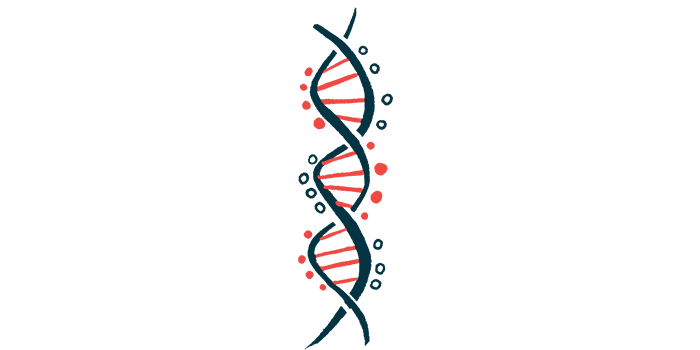Ancestrally-diverse study of genetics in MS recruiting in the UK
Participants can sign up online for the ADAMS project for the next 10 years

People with multiple sclerosis (MS) living in the U.K. who identified as South Asian reported their first symptoms at a significantly younger age than self-reported white and Black individuals, according to preliminary data from the ADAMS project.
ADAMS, which stands for the genetic Association study of individuals from Diverse Ancestral backgrounds with Multiple Sclerosis, is an ongoing, large-scale genetic study of ancestrally-diverse individuals with MS living in the U.K.
The long-term goal of the project, which will continue online recruiting over the next 10 years, is to “combine these data with international datasets to facilitate multi-ancestry genetic analysis of MS,” the researchers said.
ADAMS details and early findings were published in the journal BMJ Open in the study, “ADAMS project: a genetic Association study in individuals from Diverse Ancestral backgrounds with Multiple Sclerosis based in the UK.”
Genetics plays a key role in the susceptibility to MS, an autoimmune disease characterized by inflammation and damage to the brain and spinal cord. However, large-scale genetic screening efforts to find DNA changes associated with MS have focused mainly on populations of European ancestry.
“Studying MS genetics in other ancestral groups is necessary to determine the generalisability of these findings,” the team of U.K. researchers wrote. “Broadening participation in medical research is valuable both in itself and for its instrumental societal impact.”
In addition, “much larger sample sizes are required to make novel genetic discoveries,” they added.
Study of genetics recruiting online
ADAMS is recruiting adults, ages 18 and older, with self-reported MS at clinical sites, the U.K. MS Register, and online via the ADAMS website. After providing consent, demographic and clinical data will be collected using questionnaires with eventual links to healthcare records. Participants then will be sent a saliva kit for DNA testing with a pre-paid return envelope.
“Online recruitment facilitates rapid scaling of the study, with minimal imposition on participants,” the team wrote.
Genetic analysis of MS susceptibility and severity will be conducted within each ancestral group. The data will be combined and compared with sizable external control datasets, with genetic information on non-MS individuals from British South Asian and African genetic ancestry.
As of January, 682 participants have been enrolled, of whom 71.2% are female, with a median age of 44.9 years. More than 60% are non-white British, with 23.5% identifying as Asian or Asian British, 16.2% as Black, Black British, African, or Caribbean, and 20.9% said they had mixed or other backgrounds.
A substantial number of participants (10.7%) preferred not to disclose their ethnic background, and 28.7% identified as white. For those born outside the U.K. (23.1%), the median age at immigration was 18 years.
Relapsing-remitting MS was reported in 76.8%, and secondary progressive MS in 13.5%. Most (70.3%) are or have been treated with a disease-modifying therapy. Mobility was not affected in 43% of participants, and 36.8% reported using a walking aid at the time of recruitment.
MS risk factors
Regarding MS risk factors, 20% said they were overweight during adolescence, 16.8% had a family history of MS, 47.2% were current or past smokers, and 15.3% reported a previous Epstein-Barr virus infection, the cause of infectious mononucleosis and believed to be the strongest risk factor for MS.
MS symptoms appeared at a median age of 28 across all participants. Individuals who identified as South Asian tended to report their first symptoms at a significantly younger age (mean 26.4 years) than self-reported Black (30.6 years) and white individuals (31.6 years).
Overall, the median age for self-reported diagnosis was 32 years. But Black and Asian persons reported a significantly younger age at diagnosis (mean 32.9 years and 29.7 years) than white individuals (36.5 years).
Gender balance also significantly differed between ethnic groups, with more men in the Asian group (39%) versus the Black (22.4%) and white (25.6%) groups.
Researchers noted that online recruitment, which may discourage older and more disabled individuals from signing up, will introduce various biases into the dataset. Also, self-reported diagnosis and disease data may not be as reliable as clinician-determined measures, and people without definite MS may enroll.
Recruitment will continue over the next 10 years alongside ongoing gene analysis and quality controls. While no data are available so far, researchers expect to perform initial genetic analyses of susceptibility and severity and report their findings within the next three years.







